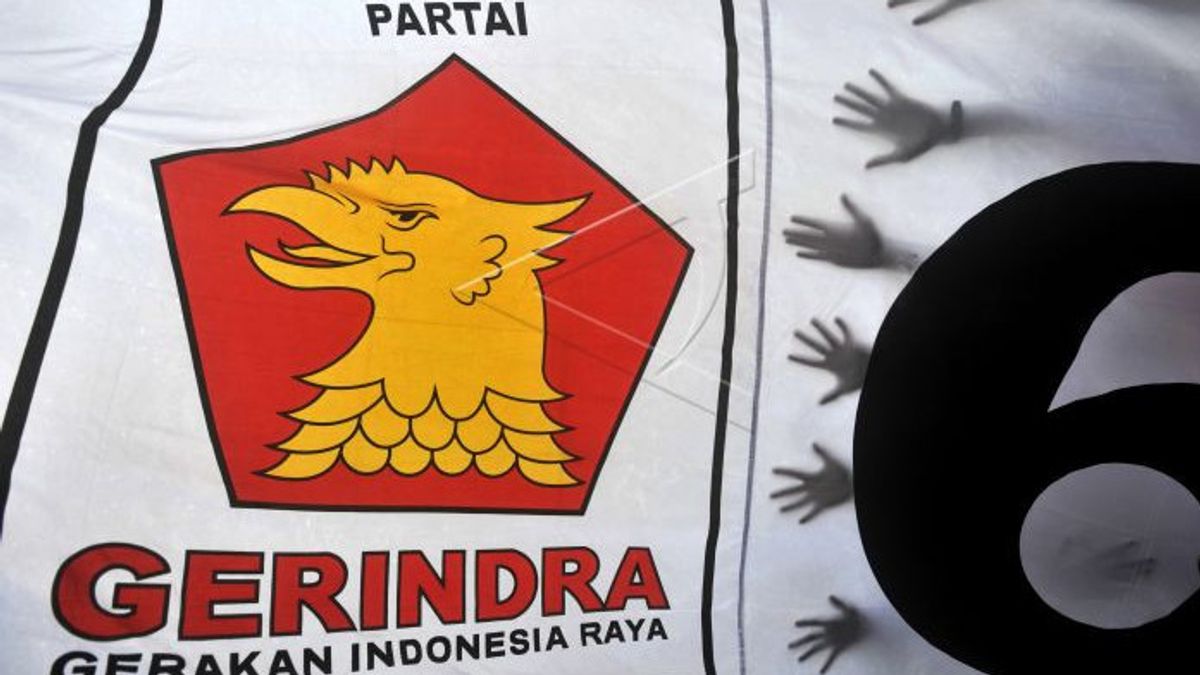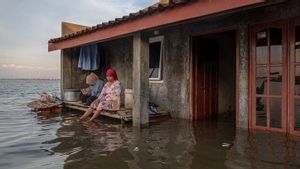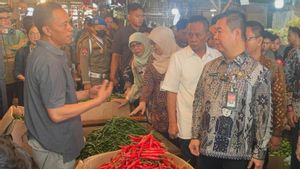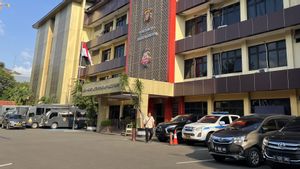JAKARTA - The results of a survey by the Jakarta Research Center (JRC) show that the PDI Perjuangan remains superior in the first position for the DKI Jakarta area.
PDIP, which gets 20.09 votes, is predicted to dominate the Jakarta Pilkada and the upcoming Pileg with the Indonesian Solidarity Party (PSI) and the Golongan Karya Party (Golkar) in third place.
"PDIP and PSI are predicted to dominate DKI Jakarta in the legislative election, followed by Golkar, which is in the top three," said JRC Communications Director Alfian P in a press release in Jakarta, Friday, April 16.
PDIP is still in the first position even though it fell from the results of the 2019 survey with 22.6 percent.
Meanwhile, PSI managed to replace Gerindra in second place with 15.4 percent of the votes. This figure has jumped when compared to 2019 which was only 6.8 percent.
"Golkar rose from 5.1 percent to 8.3 percent to establish itself in the top three," said Alfian.
In the next sequence there is PKS which fell from 15.5 percent in the 2019 legislative elections to 7.6 percent. On the other hand, Democrats experienced an increase in the fifth position from 5.2 percent to 7.1 percent.
The second winner during the 2019 survey, Gerindra, also fell from 15.8 percent to only 5.6 percent in sixth position.
Alfian explained that although PDIP is still superior, the party led by Megawati Sukarnoputri tends to stagnate. Meanwhile, PSI managed to increase its electability by more than double the results of the 2019 election.
"If it continues to increase, then PSI can overtake and become the largest political party in DKI Jakarta," said Alfian.
Alfian revealed that the critical attitude of the people's representatives from PSI in the DKI Jakarta DPRD has so far contributed to the increase in the electability of these political parties. Such as the issue of flooding, 0 percent down payment houses, and budget transparency. Meanwhile, Jakarta voters tend to be rational and very information literate.
Meanwhile, the two main political parties that carried Anies, namely Gerindra and PKS, collapsed. According to Alfian, Anies's performance, which does not show significant achievement, also provides a disincentive for the supporting political parties.
Then for the next sequence namely NasDem (6.4 percent to 4.1 percent), PKB (5.2 percent to 2.9 percent), the new Ummat political party (2.1 percent), PAN (6.5 percent down to 1 , 9 percent), and PPP (3.0 percent to 1.4 percent).
"The Ummat Party could become a threat to PAN following the departure of Amien Rais," said Alfian.
The rest are small political parties, namely Perindo (2.8 percent to 0.9 percent), Berkarya (2.0 percent to 0.6 percent), Hanura (1.7 percent to 0.3 percent), and the new political parties Gelora ( 0.1 percent).
"The rest of the PBB, PKPI and Garuda do not receive support, and 20.8 percent do not know / do not answer," said Alfian.
The JRC survey was conducted face-to-face from 1-10 April 2021 to 800 respondents representing all areas in DKI Jakarta.
The survey method is multistage random sampling, with a margin of error of approximately 3.4 percent, and at a 95 percent confidence level.
The English, Chinese, Japanese, Arabic, and French versions are automatically generated by the AI. So there may still be inaccuracies in translating, please always see Indonesian as our main language. (system supported by DigitalSiber.id)













